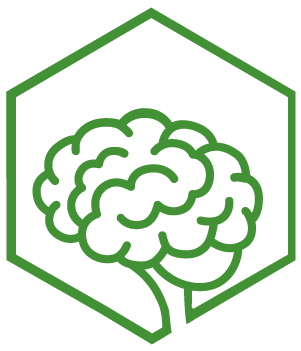What is connection and why is it of benefit?
Work can be all-consuming at times for us all. Professionals often give so much of themselves that they lose sight of what is important to them too.
We believe that feeling connected is a key component of emotional health and wellbeing.
How do I connect when I am so busy?
It is important to know that despite our busy day to day lives, that taking time to connect spiritually, socially, or with nature provides huge benefit to our overall wellbeing. This is not just physically, but also for our mental and emotional health.
Taking time for you will place you in a stronger position to give yourself and your time to others.









